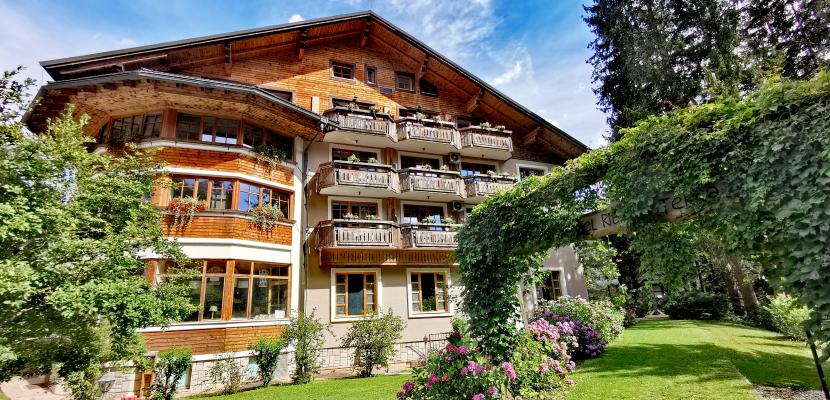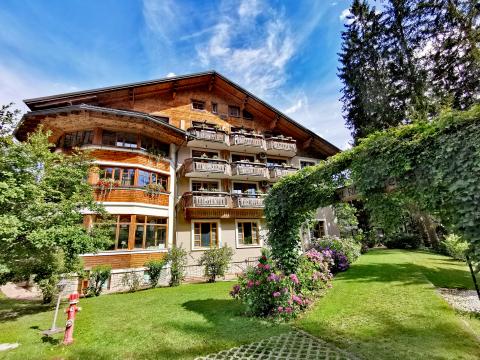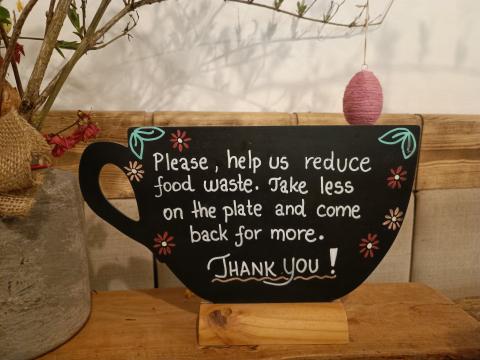
Zero food waste strategy implementation in Ribno Alpine Resort

About this good practice
After learning from best practice examples in Italy, the hotel wanted to follow in their footsteps and adopt a zero-waste approach. Both to reduce costs and be more environmentally sustainable, but also to improve the quality of the service they offer and attract different guests. That eventually enabled a price increase, attainment of a higher star level and most recently the European-level certification.
They wanted to reduce their overall waste amounts, among which food waste was identified to represent 64 % of the total. By training the kitchen staff, adjusting the way food is served, being more mindful of the nationally dictated diet preferences of their guests when preparing menus and a whole lot of direct communication, the hotel managed to reduce the amount of food waste per guest by 74 % to about 160g as of 2024. Most of the progress was achieved within the first year, but the practice has been a contribution to the circular bioeconomy ever since.
The main stakeholders are the hotel staff and their food suppliers, but the list of beneficiaries is much longer. Their demands increased the supply of local sustainably sourced food, helped other accommodations transfer their practices, taught visiting schools and foreign stakeholders (representatives from the sector, media, regions, cities, waste managers and CSOs), and lastly, positively influenced the behaviour of their guests.
Resources needed
The implementation was done with the help of a consultant (NGO Ekologi brez meja) during a nationally co-funded project for sustainability upgrades in the tourism sector. The practices learned during training were integrated into the staff’s default workflows, not requiring additional time.
Evidence of success
The resort weighs their waste for one week every month. Comparing the results before starting and today, a 92 % reduction can be seen in food preparation waste, 66 % in food surplus and 7 % in leftovers — almost 450g per person per day. The data is regularly verified by external auditors as part of the Zero Waste Business Certification.
The results stand out whether compared to the JRC suggested mark of excellence for hotels (2013) or other datasets.
Potential for learning or transfer
The fact that excellent results in (food) waste minimization can be achieved without high investment costs has been demonstrated elsewhere in Europe and Slovenia as well. For example, just under the same certification, the already audited restaurant A Cozinha from Guimarães, Portugal, can be mentioned as well as Hotel Oliveira and several others from Montenegro, who started their reduction journeys in the past few years.
This geographic spread shows that the core idea is transferable to many different settings and regions without needing particular adjustment. There are several interviews and materials available that can help inform and inspire actors in other regions, whether hotels and restaurants themselves or organizations that provide them support (destinations, agencies, boards …). The key to success is to first identify those businesses that recognize the opportunity and to help them with the implementation to become lighthouses for others in their sector.
Further information
Good practice owner
You can contact the good practice owner below for more detailed information.

